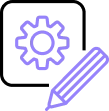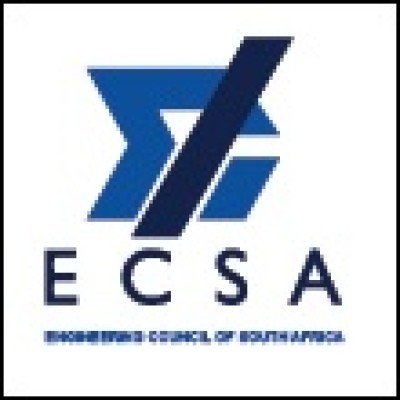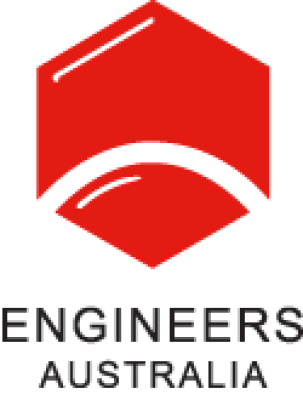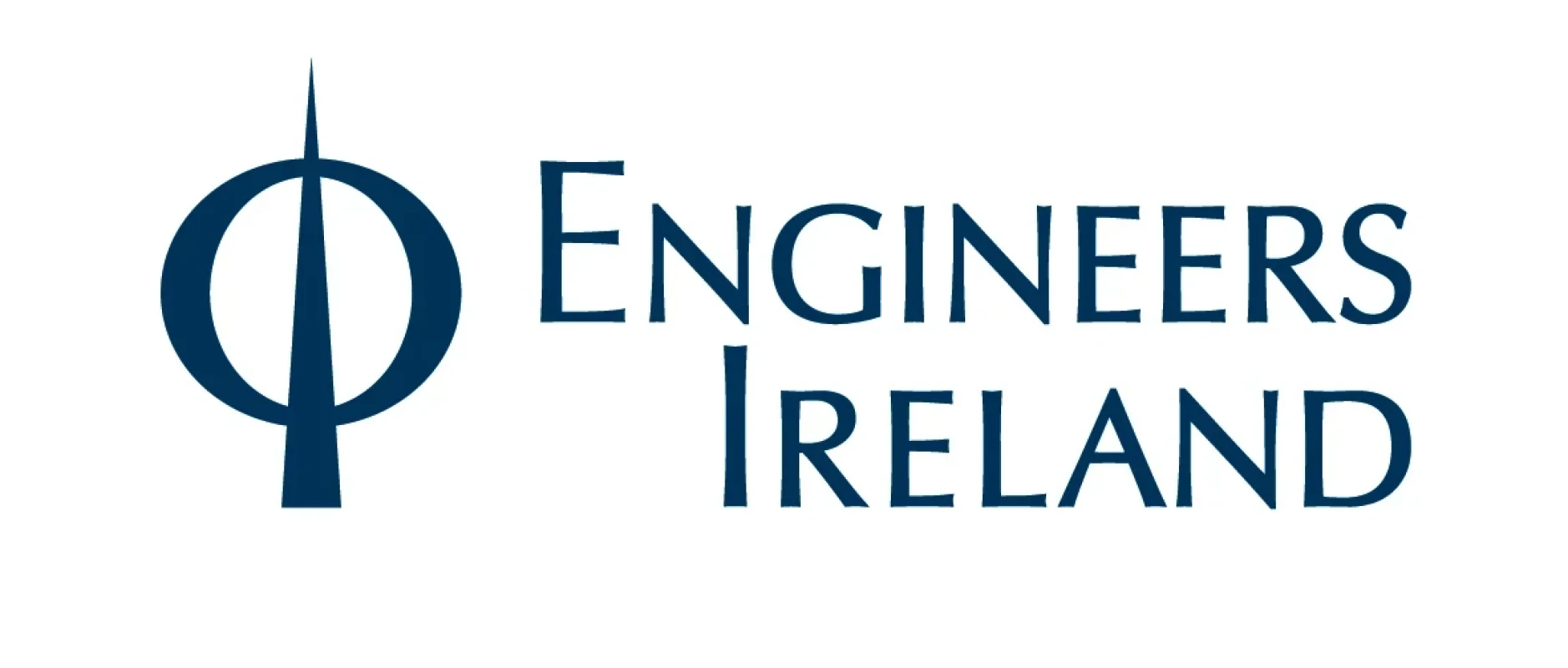The Dublin Accord is an international agreement between bodies responsible for accrediting engineering technology programmes, focusing on mutually recognising qualifications necessary for obtaining titles as Engineering Technicians.
Overview
The Dublin Accord, signed in May 2002, involved founding members from Canada, the United Kingdom, the Republic of Ireland, and South Africa. This agreement focused on recognizing qualifications needed to become Engineering Technicians.
Like other Accords, those who signed the Dublin Accord are committed to improving and acknowledging good practices in engineering education. Specifically, it aims to recognize academic programs and qualifications that lay the groundwork for Engineering Technicians.
The Accord recognizes that this educational foundation is vital for working as an engineering technician in the countries covered by the agreement.
It acknowledges the crucial role of engineering technicians within wider engineering teams. While it mainly uses the term "engineering technicians," it acknowledges that these roles may have different titles in specific regions. This could include terms like certified or professional technician, also known as engineering associates.

The Dublin Accord is the cornerstone for global recognition of education for engineering technicians - ensuring quality standards that bridge theory and practical application.
Chair of the Dublin Accord
The Knowledge and Attitude Profiles
The Dublin Accord establishes knowledge and attitude profiles defining essential competencies for engineering technician practice. The knowledge profile covers fundamental engineering principles, mathematical applications, and practical technical skills. The attitude profile emphasises ethical reasoning, professional responsibility, and lifelong learning. Together, these profiles ensure graduates meet internationally recognised standards for engineering technician practice.

Natural and Social Sciences
A descriptive, formula-based understanding of the natural sciences applicable in a sub-discipline and awareness of directly relevant social sciences

Mathematics
Procedural mathematics, numerical analysis, statistics applicable in a subdiscipline

Engineering Fundamentals
A coherent procedural formulation of engineering fundamentals required in an accepted sub-discipline

Specialist Knowledge
Engineering specialist knowledge that provides the body of knowledge for an accepted sub-discipline

Engineering Design and Operations
Knowledge that supports engineering design and operations based on the techniques and procedures of a practice area

Engineering Practice
Codified practical engineering knowledge in recognised practice area.

Role of Engineering in Society
Knowledge of issues and approaches in engineering technician practice, such as public safety and sustainable development*

Research Literature
Engagement with the current technological literature of the practice area

Ethics and Conduct
Ethics, inclusive behaviour and conduct. Knowledge of professional ethics, responsibilities, and norms of engineering practice. Awareness of the need for diversity by reason of ethnicity, gender, age, physical ability etc. with mutual understanding and respect, and of inclusive attitudes
The Graduate Attributes Profiles
The International Engineering Alliance's Graduate Attributes and Professional Competencies framework establishes international benchmarks for engineering education, emphasising sustainability, ethics, and global competence recognition.

Engineering Knowledge
Apply knowledge of mathematics, natural science, engineering fundamentals and an engineering specialization as specified in DK1 to DK4 respectively to wide practical procedures and practices.

Problem Analysis
Identify and analyse well-defined engineering problems reaching substantiated conclusions using codified methods of analysis specific to their field of activity.

Design/Development of Solutions
Design solutions for well-defined technical problems and assist with the design of systems, components or processes to meet specified needs with appropriate consideration for public health and safety as well as cultural, societal, and environmental considerations as required

Investigation
Conduct investigations of well defined problems; locate and search relevant codes and catalogues, conduct standard tests and measurements

Tool Usage
Apply appropriate techniques, resources, and modern computing, engineering, and IT tools to well defined engineering problems, with an awareness of the limitations

The Engineer and the World
When solving well-defined engineering problems, evaluate sustainable development impacts* to: society, the economy, sustainability, health and safety, legal frameworks, and the environment

Ethics
Understand and commit to professional ethics and norms of technician practice including compliance with relevant laws. Demonstrate an understanding of the need for diversity and inclusion

Individual and Collaborative Team Work
Function effectively as an individual, and as a member or leader in diverse and inclusive teams and in multi-disciplinary, face-to-face, remote and distributed settings

Communication
Communicate effectively and inclusively on well-defined engineering activities with the engineering community and with society at large, by being able to comprehend the work of others, document their own work, and give and receive clear instructions

Project Management and Finance
Demonstrate awareness of engineering management principles as a member or leader in a technical team and to manage projects in multidisciplinary environments

Lifelong Learning
Recognise the need for, and have the ability for independent updating in the face of specialized technical knowledge
Full Signatories (8)
There are currently eight full signatories of the Dublin Accord, representing engineering technician accreditation bodies that ensure consistent associate-level engineering education standards worldwide.
Provisional & Conditional Signatories (1)
There is currently one conditional signatory of the Dublin Accord, representing an engineering technician accreditation body working toward maintaining recognition and consistent associate-level engineering education standards worldwide.
Executive Committee
The Dublin Accord Executive Committee provides strategic leadership and oversight, coordinating activities among signatory members and ensuring consistent implementation of accord standards and policies for engineering technician education worldwide.
Ir Megat Johari Megat Mohd Noor
Chair - Dublin Accord
Malaysia - Board of Engineers Malaysia (BEM)
Ir James Motladiile
Deputy Chair - Dublin Accord
South Africa - Engineering Council South Africa (ECSA)







